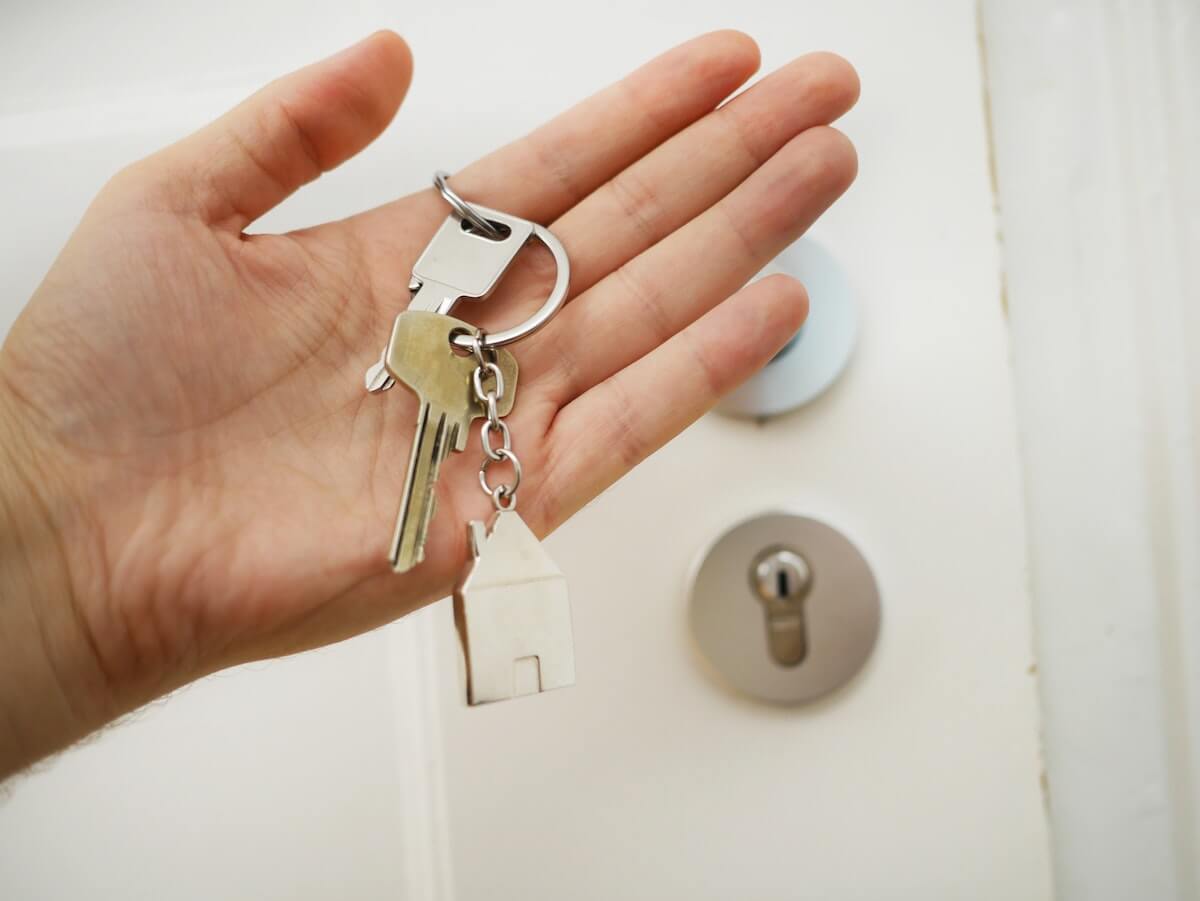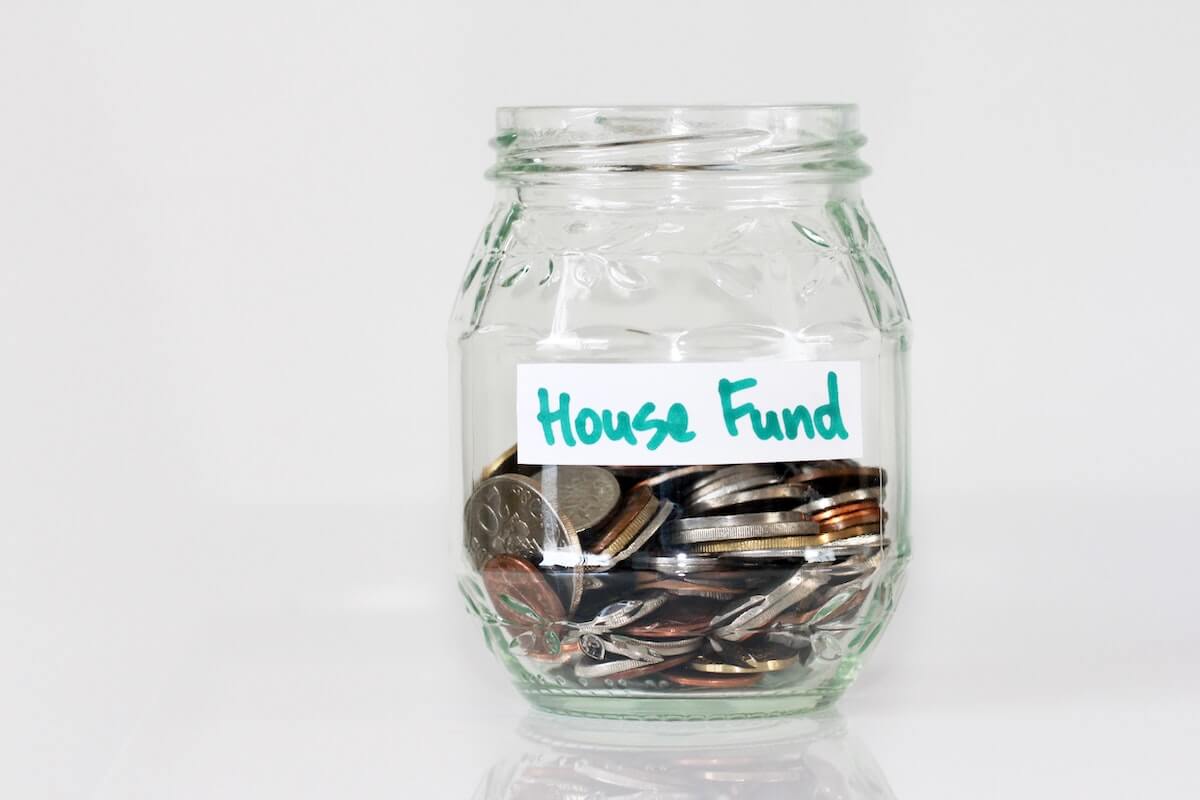What to Expect During the Escrow Process? (2024)
Last Updated: December 10, 2022 • 8 min read
Disclosure: This page may contain affiliate links and we may receive a commission through them, but this is at no additional cost to you. For more information, please read our privacy policy.

When buying a new home there are several different things to think about; from searching for the right home to navigating the complex escrow process. This can be incredibly daunting for first-time home buyers who might not understand the escrow process.
We are going to break down the escrow process with an overview of what it is and why it’s essential to the home buying process.
When Does Escrow Start?
Once the purchase contract between the buyer and seller is finalized. The buyer's agent will open escrow, and the buyer's earnest money will be deposited with the escrow agent.
What Steps are a Part of the Escrow Process?
The escrow process can be broken down into four simple steps. Depending on your state and financing options the escrow process takes anywhere from 10-60 days on average. For example, in California, the escrow process frequently takes 30-60 days.
- Offer acceptance. The real estate transaction starts when the buyer accepts the seller's purchase contract. This involves the original purchase price to be agreed upon, loan contingency and inspection contingency to be established, and the escrow timeline to be set. This allows the next step to be known by all and the transaction to move forward in a timely manner.
- Escrow starts. The escrow period begins once the buyer's realtor sends the earnest money to the escrow officer. This does not include escrow fees which are paid at the close of escrow as part of the final closing statements to the title company or escrow companies depending on where you are transacting.
- Home inspection. The potential buyers pay for a home inspection and request necessary repairs or the purchase of homeowner’s insurance. During this time the potential buyer is also working with their loan officer to get the best loan estimate and ensure they don't miss any items to not fail their financing contingency. The buyer’s lender only gets paid if the home purchase goes through, so they will do everything in their power to get all the legal documents in a row and get the buyer ready. The title search also takes place during this step.
- Escrow closes. The final step is meeting at the closing table with everything all buttoned up, and signing ownership of the property over to the new owner, and the funds are released to the seller.
An Escrow Account Is A Third-party Account
An escrow account is a third-party account controlled by the escrow company, but its money belongs to the home buyer. When the buyer and seller make a contract, the money is transferred to the escrow account instead of the seller.
In real estate, there’s no straight cash and delivery dealing. Since there are several documentation and verification processes, the dealing is done through a neutral third party.
Once all the requirements are met, and conditions are fulfilled, the money can be transferred to the seller. At the same time, the buyer gets the verified title and other property documents.
Escrow Is A Separate Type Of Account
Escrow is a distinct type of account where you make your monthly payments before taxes and insurance. You put money into the escrow account, and the seller plays his part. If there’s any leftover, it goes back into an escrow account for next month’s payment.
This method is advantageous if there’s an issue with one party paying or not paying their part at all; neither party can lose money by withdrawing prematurely from their respective accounts.

Escrow Analysis
An escrow analysis is a financial statement that provides information about your financial health. It includes information about the current operations, long-term plans, and financial obligations. The reports are prepared by experts who know accounting principles and auditing standards.
The report can also show whether or not there are any problems with your business’ finances that could affect its ability to survive in business for future years; this may include issues such as unpaid bills or lawsuits against you (for example). If an issue arises that could cost you money down the road, having an expert review it before making any decisions will help prevent unnecessary losses from happening unnecessarily (or at least reduce them).
How Does An Escrow Account Work?
Escrow is a third-party account controlled by a neutral third party, but the money in it belongs to you. This means that instead of paying your monthly mortgage payment directly to your mortgage lender, you make payments into an escrow account before taxes and insurance are deducted from them.
When you sign up for a new loan or refinance plan with your bank or credit union, they will set up an escrow agreement with their correspondent lenders so that they can collect funds on behalf of their customers—and keep them secure until needed.

What Is a Payment Reserve?
The payment reserve is a separate account that contains the money you need to make your monthly mortgage payments. The lender holds it, and they use it to pay your loan if you don’t have enough funds available in escrow.
The borrower is responsible for paying this amount directly to the lender each month (usually via check or wire transfer). However, there are some ways around this requirement
Can You Pay Off an Escrow Balance?
- You can pay off the escrow balance.
- You can use the money in your escrow account to pay off your mortgage or loan.
- You can also utilize these funds to pay off title insurance, closing costs, and other expenses related to buying a home.
What Do You Need to Bring to Escrow?
You’ll need a copy of your purchase contract and other relevant documents, such as:
- A deed to show that you own your home.
- A title insurance policy showing that the home is insured by an insurer who will pay off any losses in case of fire or water damage to the house during its lifetime.
- Any mortgage loan approval letter from your lender; will indicate whether they’re willing to lend money for this transaction if you choose not to buy through them directly (and vice versa). If there isn’t one yet, ask them what documents are required before receiving credit approval for those funds available!
Can You Back Out of Escrow?
If you have already paid the earnest money deposit, you may be able to back out of an escrow. However, this depends on the circumstances surrounding your transaction and how much time has passed since signing.
If there are any delays in closing, which may cause problems for both parties involved (the seller and buyer), then it could be beneficial for both parties if they decided to close their deal without going through an escrow process first.

Do Both Parties Have to Agree to Close Escrow?
In most cases, both parties must agree to close escrow. The buyer and seller will sign a letter of intent (LOI) which sets forth their commitment to closing escrow on the purchase contract. The LOI ensures that each party understands what they agree to and how they’ll be affected by it.
The LOI also provides legal proof that you’ve been given access to the property in question, allowing you more time before closing. So, there’s no issue with potential delays due to paperwork errors or other issues not being caught until after your inspection date has passed.
Are there any contingencies regarding the sale price, subject inspection, repairs, closing date, or other matters? Are they satisfied, or are they still pending resolution?
Contingencies are a term that describes an event that may occur but has not yet occurred. For example, if you put your home on the market and have an agreed-upon sales price with the buyer, you may have a contingency. It can say if they don’t pay off their note within 30 days of accepting your offer (or whatever timeframe is appropriate), you can cancel their offer and keep the house as is. This allows both parties to negotiate around these situations without worrying about losing money or hurting their relationship.
Closing on a property can be complex and stressful
- Make sure you do your due diligence before signing any documentation or providing any funds.
- Make sure you understand all the terms of the contract.
- Make sure you understand the terms of your escrow account.
- Keep enough money in your escrow account to close on the property at closing time.
- Have a good relationship with your real estate agent and lender so that they can answer any questions for you quickly and efficiently regarding paperwork, money transfers, or anything else related to buying or selling property together.
Final Thoughts
In the real estate market, the escrow process is a vital part of the transaction. It verifies that everything is in order before the transaction is finalized.
